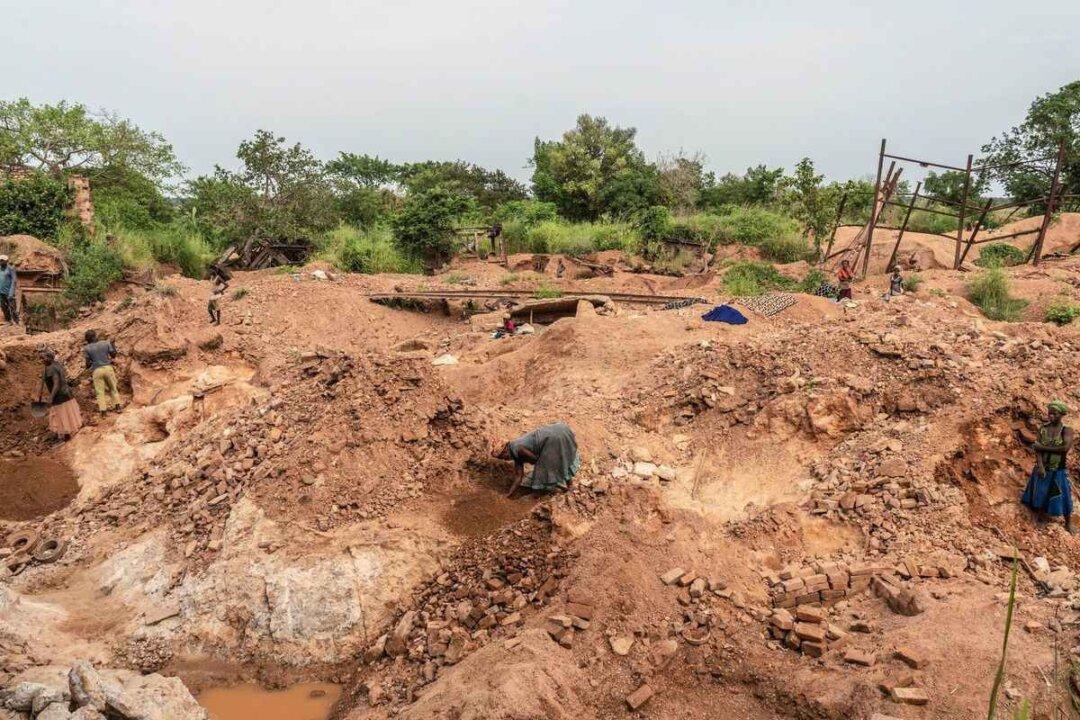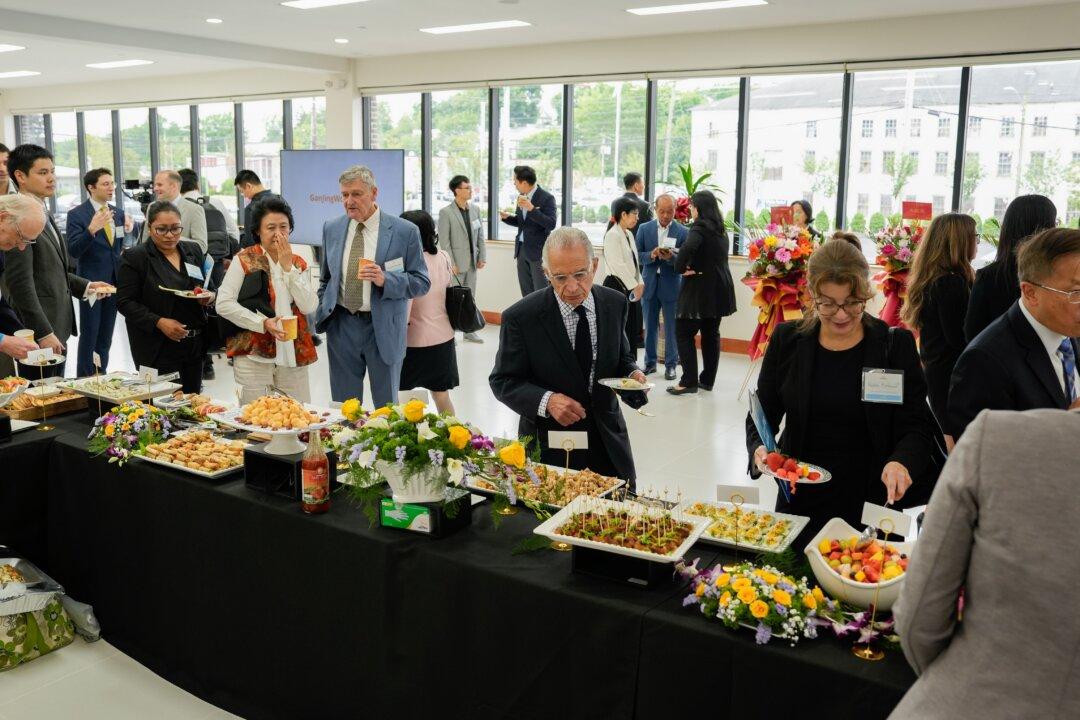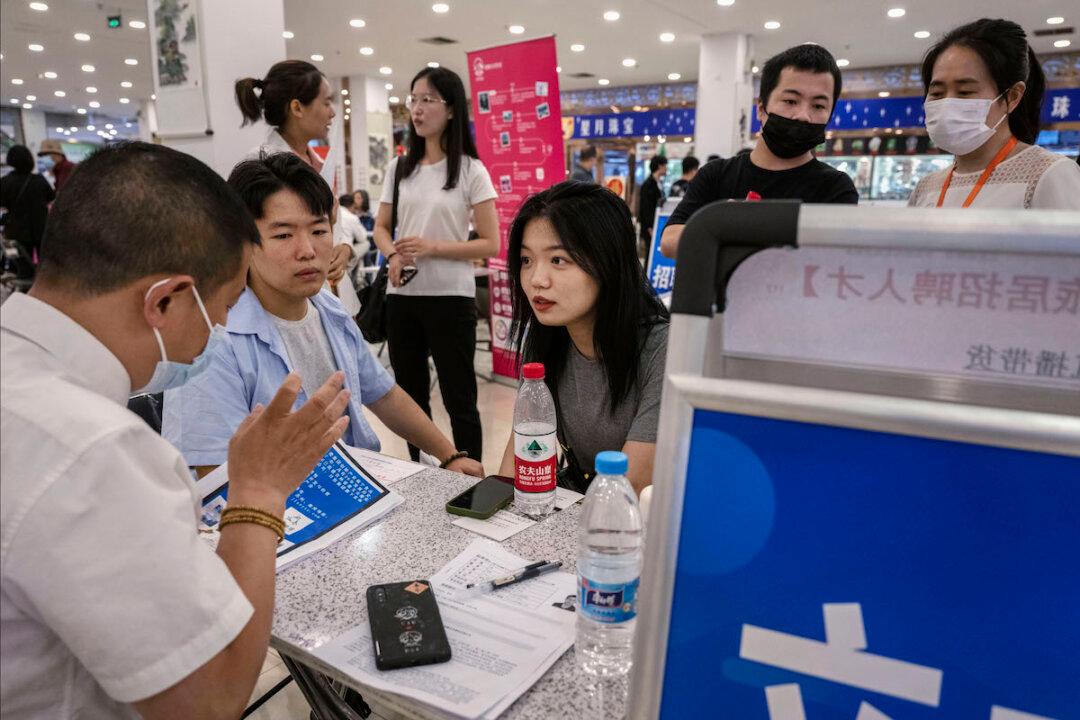The Chinese Communist Party (CCP) is stepping up its efforts to seize and control Africa’s natural resources. In particular, Chinese companies have accelerated their acquisition of lithium mines as lithium is an essential material used in the production of electric car batteries.
A news release published in China’s The Paper last May indicated BYD Company, the Chinese electric car and battery giant, had reached an agreement to acquire six lithium mines in Africa. BYD estimates the lithium from these mines should be enough to produce about 28 million electric vehicles.





